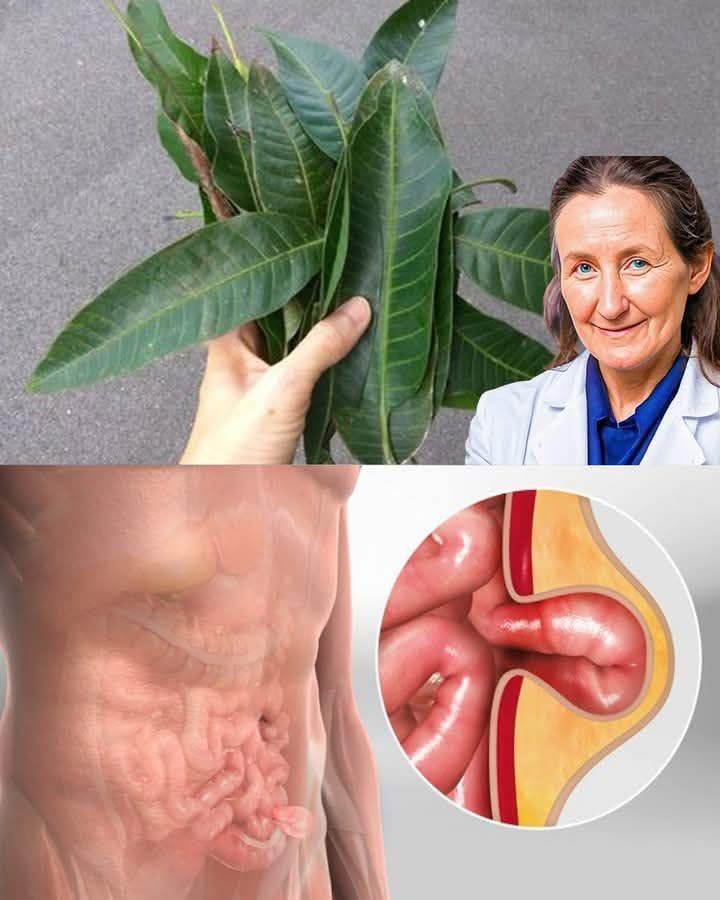Mango leaves, often overlooked compared to the fruit itself, have been used in traditional medicine systems—especially in Ayurveda and traditional Chinese medicine—for their potential healing properties. Here’s a look at the hidden healing power of mango leaves:
🌿 Nutritional and Phytochemical Profile
Mango leaves are rich in:
-
Flavonoids and phenols – powerful antioxidants
-
Tannins – with antimicrobial and anti-inflammatory effects
-
Mangiferin – a key compound believed to have therapeutic effects
-
Vitamins A, B, and C – support general health
-
Terpenoids and steroids – potentially aid metabolic and hormonal functions
💚 Potential Health Benefits
-
Blood Sugar Regulation
-
Mangiferin in mango leaves may improve insulin sensitivity and lower blood glucose levels.
-
Traditionally used in diabetes management, particularly in type 2 diabetes.
-
-
Cardiovascular Support
-
Antioxidants in the leaves help reduce oxidative stress, which is a major factor in heart disease.
-
May help manage cholesterol levels and improve blood circulation.
-
-
Respiratory Relief
-
Used in folk medicine to treat bronchitis, asthma, and coughs.
-
A tea made from boiled mango leaves is thought to soothe respiratory inflammation.
-
-
Digestive Health
-
Can support digestion and relieve stomach upset and diarrhea.
-
Its anti-inflammatory properties may calm the gut lining.
-
-
Weight Loss Support
-
Believed to aid fat metabolism and reduce body fat through its influence on blood sugar and digestion.
-
-
Wound Healing and Skin Health
-
Crushed fresh leaves may be applied to minor burns or wounds to promote healing.
-
Antibacterial properties support skin infection prevention.
-
🍵 How to Use Mango Leaves
-
Mango Leaf Tea: Boil 5–10 fresh or dried mango leaves in water, let steep for 10–15 minutes. Drink warm, once or twice a day.
-
Powdered Form: Dried leaves can be ground and added to smoothies or warm water.
-
Tincture or Extract: Available in some health stores; use as directed.
⚠️ Precautions
-
Not a substitute for prescribed medication—especially for diabetes or cardiovascular conditions.
-
Always consult a healthcare provider before starting any herbal remedy, especially if pregnant, breastfeeding, or taking medication.
-
High doses or prolonged use may cause side effects.
🌱 Summary
Mango leaves, though not commonly used in modern wellness practices, possess a range of bioactive compounds that offer anti-inflammatory, antioxidant, and antidiabetic effects. Their traditional uses are supported by emerging scientific studies, suggesting a promising role in natural healing.
